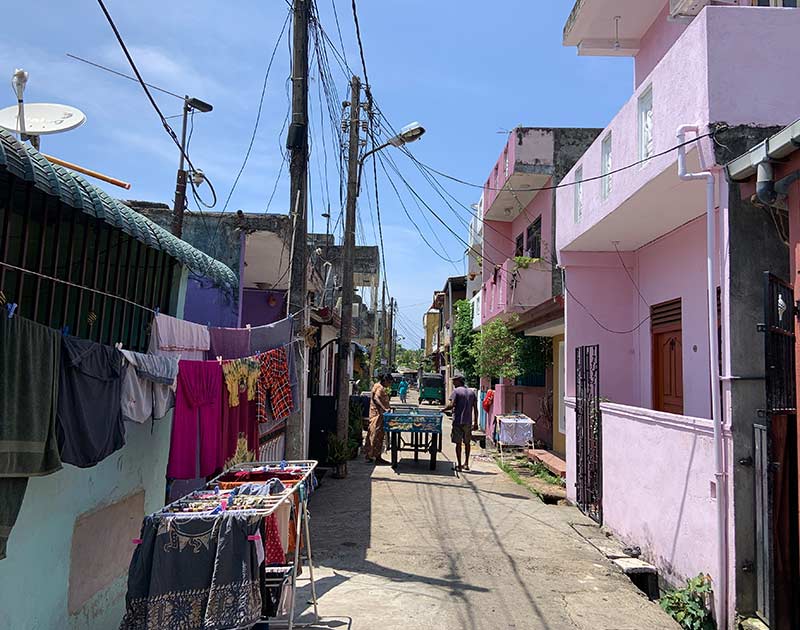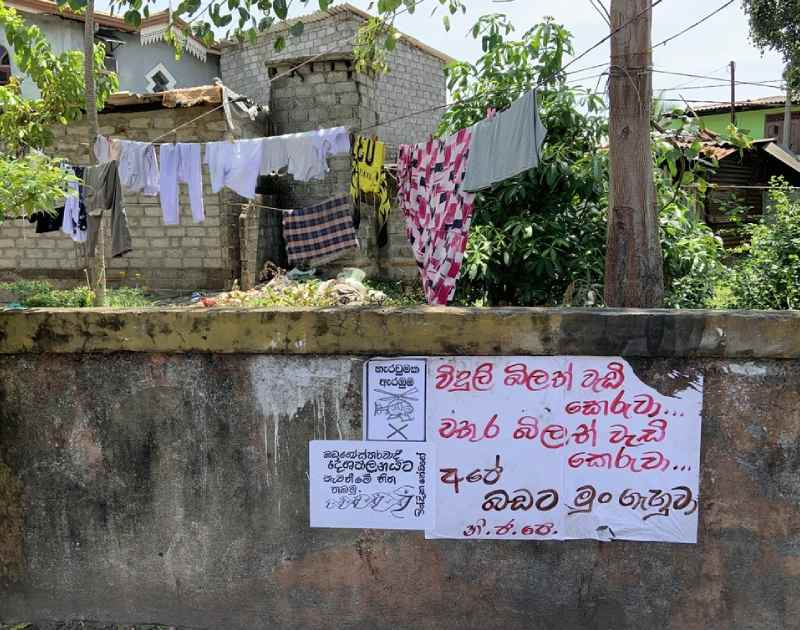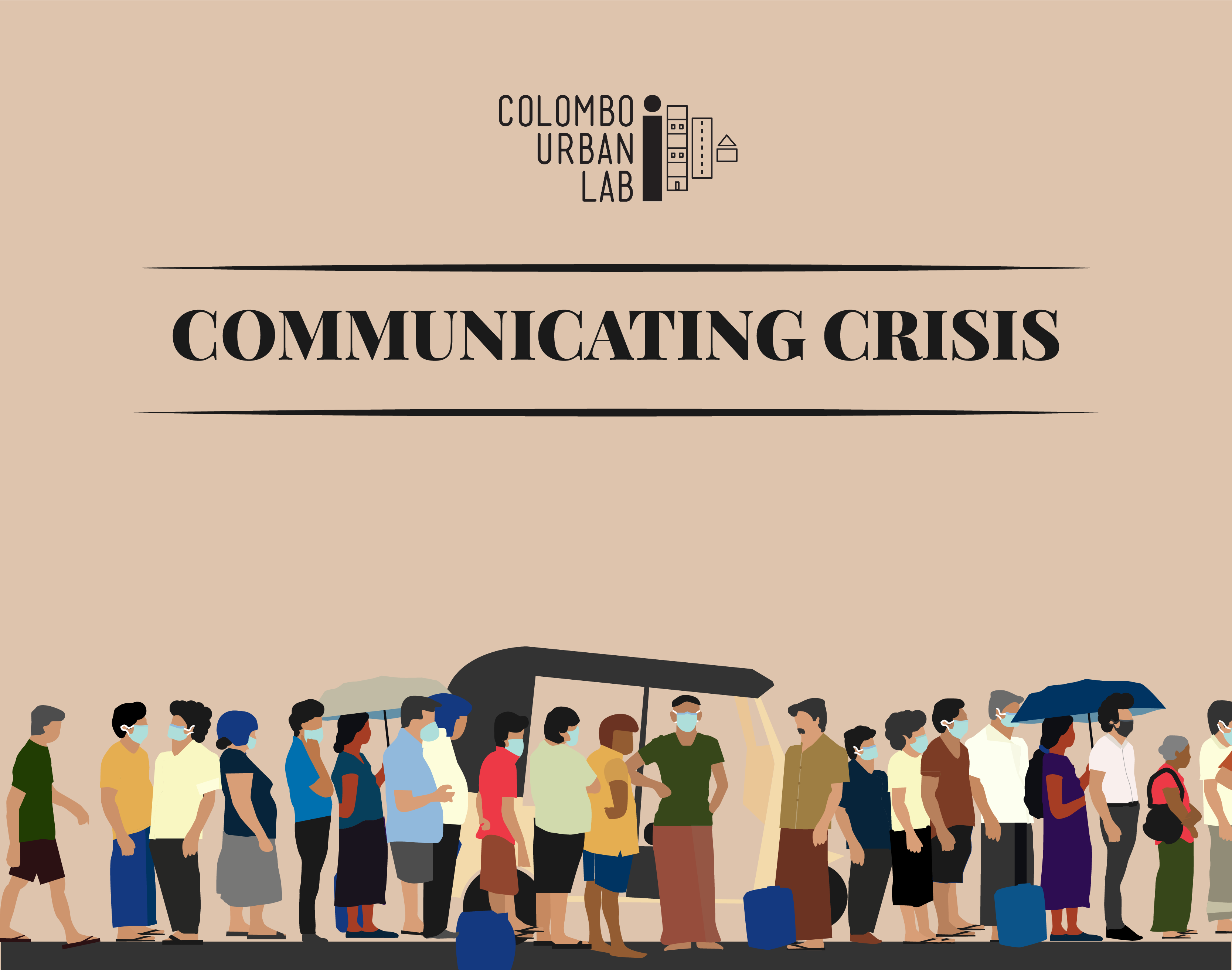
- Home
- Knowledge Insights
- Falling Through The Cracks: The Impact of Sri Lanka’s Economic Crisis on Colombo’s Working Class Poor
The following is an excerpt from our latest policy brief. Please click here for the full CUL June 2024 Policy Brief.
Colombo Urban Lab’s fourth policy brief on the impact of Sri Lanka’s economic crisis on the city’s working class poor communities focusses on energy, education and health. These findings are from our ongoing qualitative research with communities in Colombo as well as a household survey conducted in April 2024 with thirty households in a settlement in North Colombo.
Looking back at the two years of analysing the impact of the economic crisis on these families who had not yet recovered from the pandemic period, it is disheartening to see a continuation of lack of commitment from not just the government and state officials but also of development agencies to address the long term impacts of the inadequate actions taken since 2022 to support Sri Lankans affected by the crisis. From Aswesuma to school meal programmes, policy efforts have prioritised piecemeal initiatives to bridge urgent social protection gaps. There is a failure to understand how the messiness of the lived realities of households has intersected with the broader impacts of the crisis. Aswesuma has not had a transformational impact as promised, as targeted social security never could; however, it has been the face of social protection efforts with little else rolled out in parallel.
Two years ago, there was greater scrutiny on the situation in Sri Lanka and the impacts on families. Since then, media attention has waned and the increased cost of living, higher utility bills and the burden of income taxes and VAT has also constrained the ability of higher income groups to provide assistance. Daily wage workers and those engaged in self employed livelihoods (like tailoring or welding work) in communities we work with say that volume of work and days of work have reduced over the past year as customers and employers do not have the same income as they did previously. Those who say that their income has not changed in the last few years do note that their expenses have significantly increased so the income mismatch makes it harder to make ends meet.


